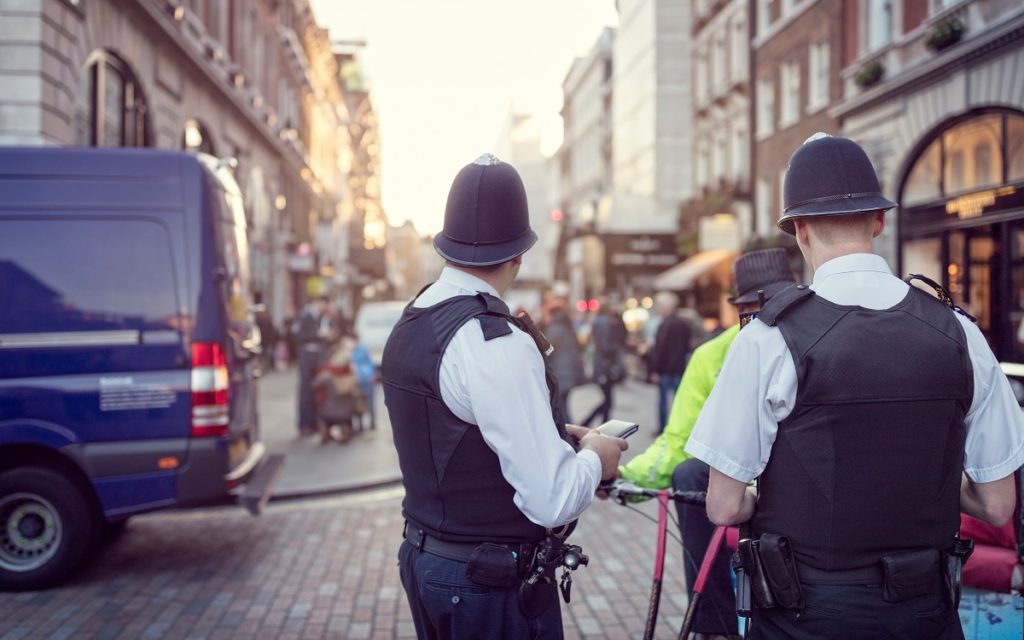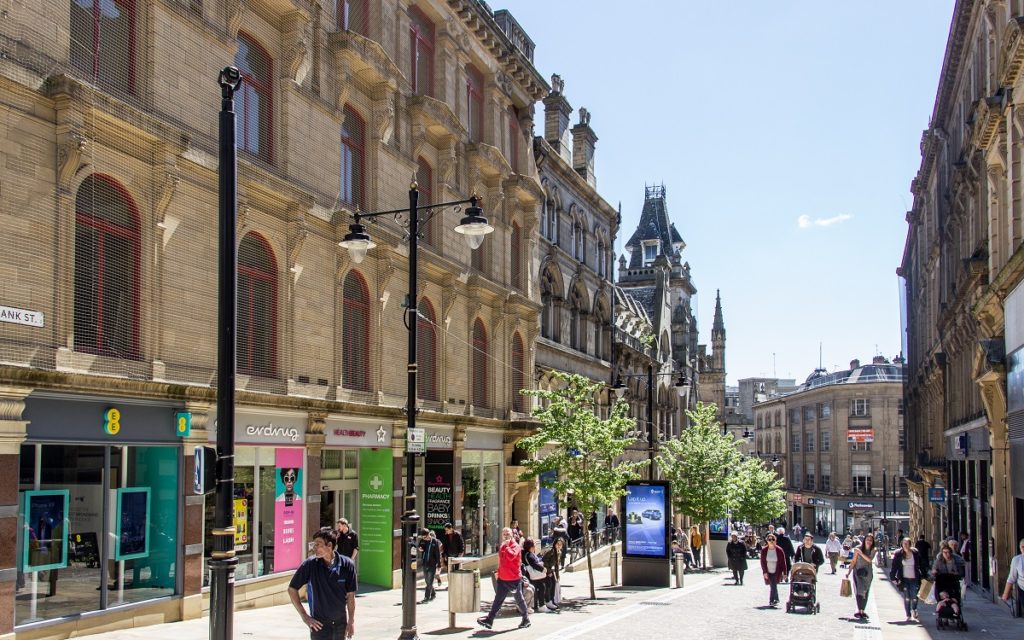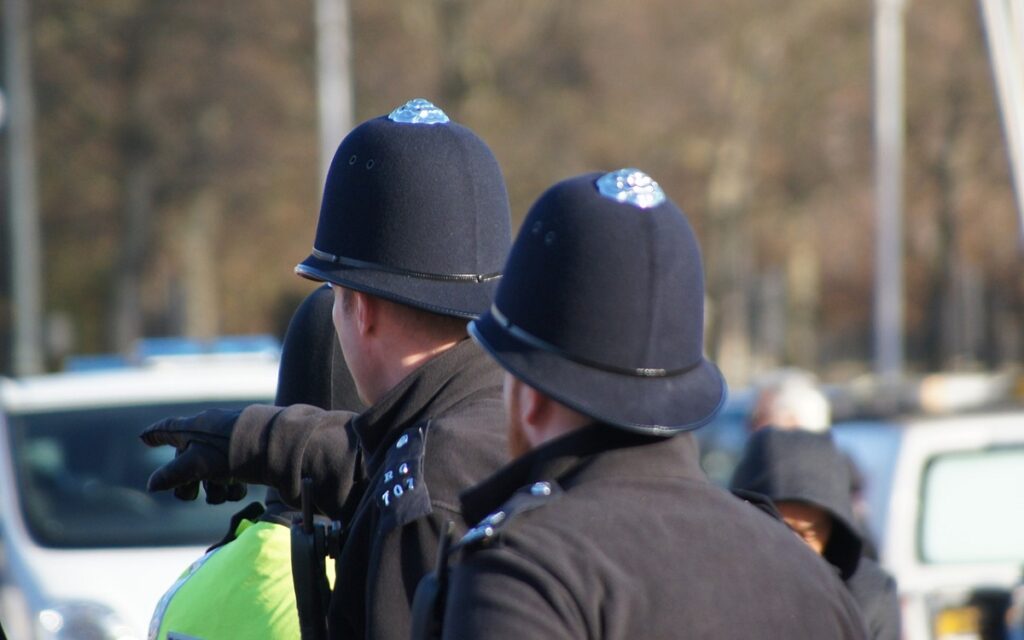This work will explore what the public think the core functions of the police are. Researchers will ask people what they think policing is for, what they want from the police and what they think police should do.

The team aims to develop a concept of the ‘minimum policing standard’ – a set of functions police should always be able to provide and the conduct they should adhere to. This will be developed by conducting three rounds of focus groups with different demographic groups from cities, towns and rural areas, as well as people who have had frequent recent contact with the police.
What people believe the police should focus on appears to tally with priorities set by the police, such as tackling sexual offending and serious violence. But the way people judge the police is based on how officers respond to different types of crime, for example, low-level disorder. At the same time, police are increasingly expected to deal with events and issues which are not crimes. It raises questions as to what the police should be responsible for, where the boundaries of policing lie and what kind of service should we expect the police to deliver.
With stretched public resources and increased demands on the police to respond to minor public disorder, homelessness and people in mental distress, these questions must be urgently addressed. They relate not only to duty and efficiency but also to issues of public confidence and police legitimacy.
Inspired by research exploring minimum income standards, this study aims to develop the concept understanding of a minimum policing standard, highlighting core policing activities, those that are desirable but not essential, and those thought to be inappropriate for policing.
It will also explore ethical, political and practical questions about ways to bring about radical change in policing and the extent to which it is appropriate for the public to have a say.
The research will involve three rounds of focus groups comprising four types of population groups representing a big city, town, rural area and those who have had frequent police contact.
Round One will explore the kinds of things that the police do locally, inviting reflections on what police should do more of, less of, or not do at all. This will enable the researchers to arrive at a definition of policing and its functions.
Building on this, Round Two will develop a list of core police activities reflecting people’s views about whether or not police should respond to disorder that does not constitute crime, such as mental health crises, homeless people in need, and missing persons.
Finally, Round Three will seek to validate the Round Two findings by presenting them for discussion by other group members who will test and interrogate the ideas.
Lead investigators
- Professor Ben Bradford (UCL)
- Professor Adam Crawford (University of York and University and Leeds)
Postdoctoral researchers
- Dr Christine A. Weirich (University of Leeds)
- Dr David Rowlands (University of Leeds)
Findings summary reports
- What do the public want from police? Towards a Minimum Policing Standard
- Do people think police are meeting minimum standards of service delivery?
Journal articles
Bradford, B., Rowlands, D., Weirich, C. A., & Crawford, A. (2025). What service should police provide? Towards a minimum policing standard. Policing and Society, 883–900. https://doi.org/10.1080/10439463.2025.2535667
Bradford, B., Weirich, C., Rowlands, D., & Crawford, A. (2025). Public confidence in the police: using opinion survey data to explore the current ‘moment’ in British policing. Policing and Society, 1–18. https://doi.org/10.1080/10439463.2025.2508198
Rowlands, D., Weirich, C. A., Bradford, B., & Crawford, A. (2025). ‘Should I call the police?’ Exploring public views on whether to invoke police in incidents involving people with vulnerabilities. The British Journal of Criminology.
https://doi.org/10.1093/bjc/azaf118
Webinar
Watch our webinar What service should police provide? Towards a Minimum Policing Standard below:


